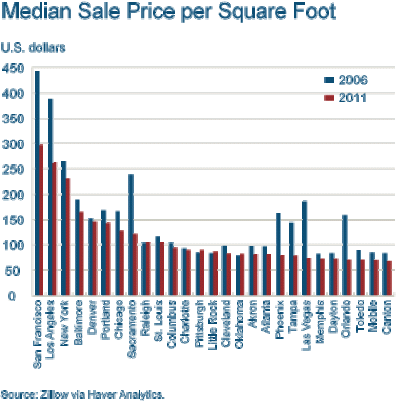Midpack
Give me a museum and I'll fill it. (Picasso) Give me a forum ...
No matter how many times I see the numbers, it never ceases to amaze me how varied home prices can be in the US. Hard to imagine my house would cost 3-4 times as much, or have to be 1/3rd-1/4th the size in another city. And these are medians, I know there are tony areas where price per sqft is in the 4 digits.
I watched two apparently late 30ish school teachers, with no kids (yet), on House Hunters last week buying a large $800K house without batting an eye. Beyond my imagination.
Simple things amuse simple minds (me).
I watched two apparently late 30ish school teachers, with no kids (yet), on House Hunters last week buying a large $800K house without batting an eye. Beyond my imagination.
Simple things amuse simple minds (me).
Attachments
Last edited:

